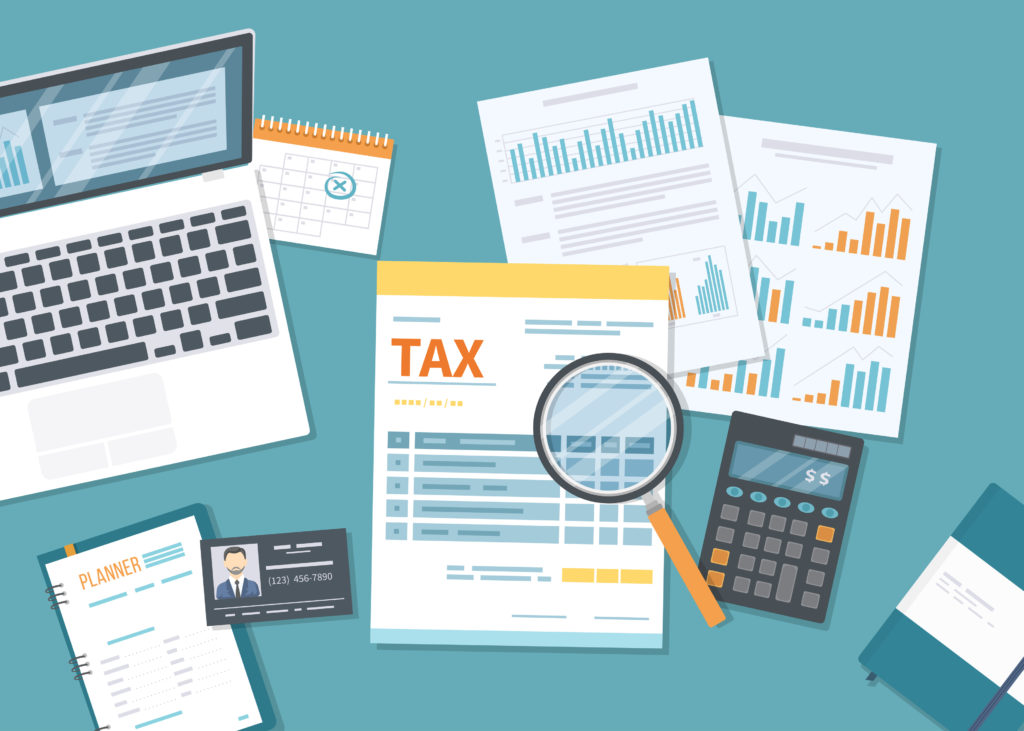One of the easiest ways states and the federal government get money is through their taxing process. For businesses having to report sales tax, it’s quite challenging. While it makes sense to stay on top of the taxes due, that may be hard if the business owner doesn’t realize they are liable.
When situations like this occur, businesses must comply in some way. In most cases, the first place they look to for a reprieve is the voluntary disclosure agreement.
VDA Programs
A voluntary disclosure agreement (VDA) is a program to assist businesses that have not complied with sales and use tax requirements. These VDA programs help navigate tax liabilities incurred from unpaid tax due to the Department of Revenue.
Businesses have a few benefits when using a voluntary disclosure program. In some cases, there is a waiver of penalty or reduction of taxes due. This is advantageous for businesses that must remit state tax in different states. One of the most significant perks of the VDA process is the limitations on the lookback period, which differs by state.
Businesses using VDA programs must still comply with tax laws going forward. If a business has already been notified by the multistate tax commission or has had any communications about their income tax due, they must pay the tax. While a state waives prior periods of businesses that have failed to file their tax returns, the business must remain compliant in filing returns in the future.

VDA Sales Tax
Businesses who have not complied with paying sales tax on various items like telecom tax, destination-based tax, could face severe penalties for non-compliance. Due to the various tax types and evolving requirements, some businesses may not realize they are being negligent in paying their sales tax. In fact, they may not even know where to send them.
The tax types and systems calculating sales tax differ based on state. Sales tax is generally calculated on gross receipts. Knowing the requirements per state is key, as it determines the entity liable for the tax, the entity that can be sued for the tax, and the entity that is eligible to file for a refund of the tax.
Examples of VDA Sales Tax
A good example is the telecom tax. There are providers, which typically are companies that offer specific communications services, and then there are businesses that are direct telecommunications providers that operate with traditional providers. Prepaid services, cell phones, VoIP, and other businesses of this nature fall under this umbrella.
There are different types of taxes due to the state for operating a business.
For businesses that operate in different states, they are usually subject to a multistate tax. Problems arise when states change their requirements and do not notify the certificate holders. This causes confusion and a delay, misrepresentation, or failure to file the tax. As these taxes accumulate, severe penalties may occur.
If the business has not been contacted by the state owing tax, they can enter a VDA sales tax agreement that will waive the taxes due for them to move forward without a tax burden.
VDA programs are available to apply for any time of the year.

Pros and Cons to a Sales Tax VDA
With a VDA, exposure is limited in addition to the penalties and tax liabilities. Imagine having to go back three or four years to pay taxes and then be faced with an audit? That’s not a good look. The bright side is, you’ll end up saving money that you would have been responsible for paying.
Pros
If you’re worried about the taxman coming to your door, there’s no need.
Businesses entering into a VDA can use a representative of the organization to submit the information on your behalf. An accountant or attorney can negotiate terms on your behalf, including lesser penalties, a limited look-back period, and when warranted, payment plans.
Tax laws can be tricky, and it’s not too far-fetched when someone makes a mistake or didn’t really understand the tax rules. A VDA helps a business do things right before being found out through an audit.
Cons
One of the turn-offs to having a VDA is that any little thing can breach the agreement.
If your business enters this legally bound contract, it’s very important to provide all the information needed early on. The last thing you want is to have an agreement that is rendered null and void, leaving you with paying the price.
Another thing to be careful about is operating under multiple state agreements. Every state has its own VDA agreements and rules. Additionally, you may not be eligible. While most businesses who have registered and filed income tax in a particular state, may or may not be able to obtain a sales tax VDA.
While seeking the assistance of a VDA may seem like a great thing, once the process begins, the sheer volume of information required that could compromise your business and subject you to additional liabilities is huge. You must determine whether this route will be the best for your business. The downside is, if you don’t enter into a VDA and you’re audited, the situation could become worse.

Find Out if a VDA is Right for your Business
If you think your business owes sales tax in another state, or you have failed to comply with filing sales tax in your state, it’s time to start doing the work to make sure your books (and taxes) are in order.

